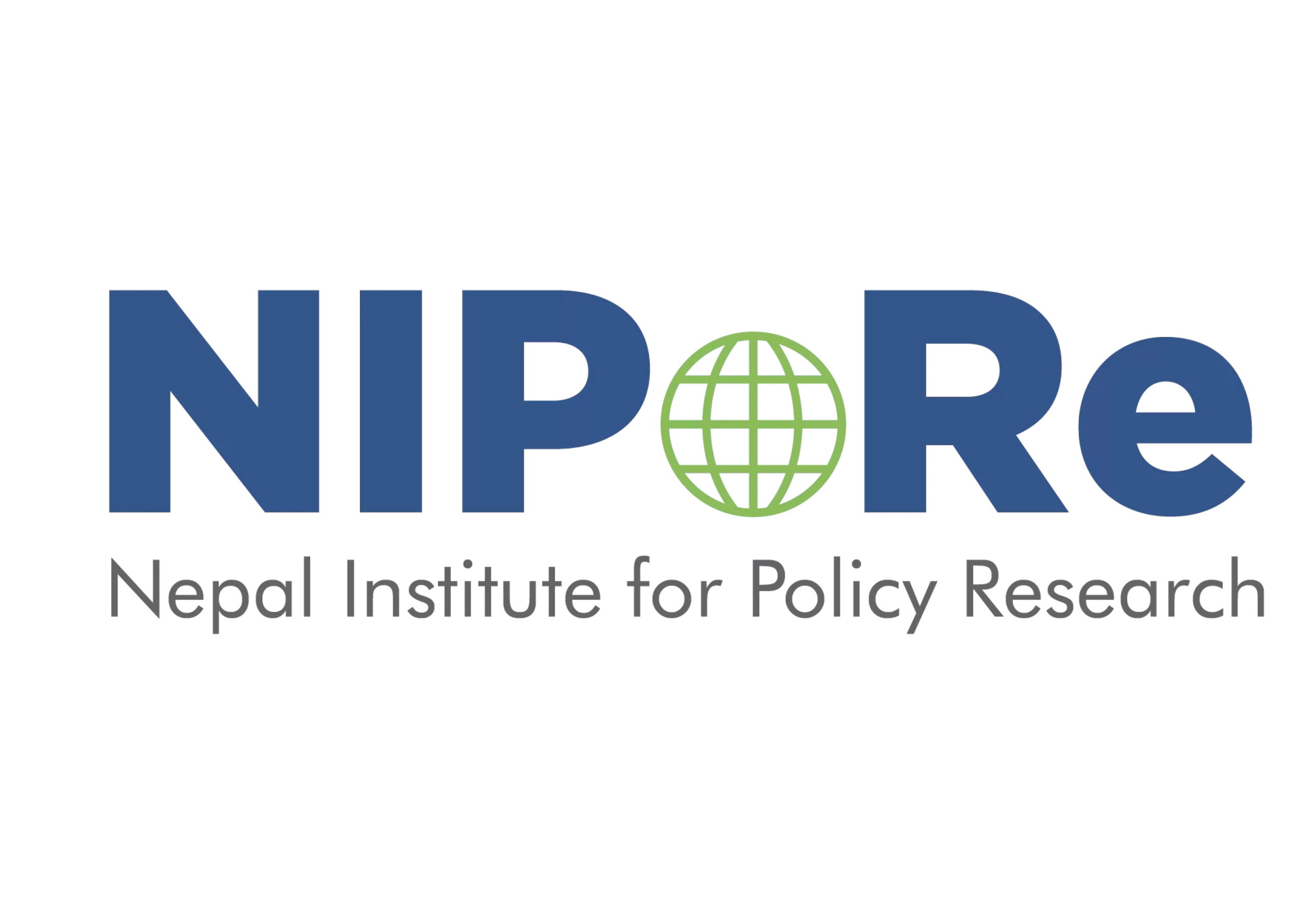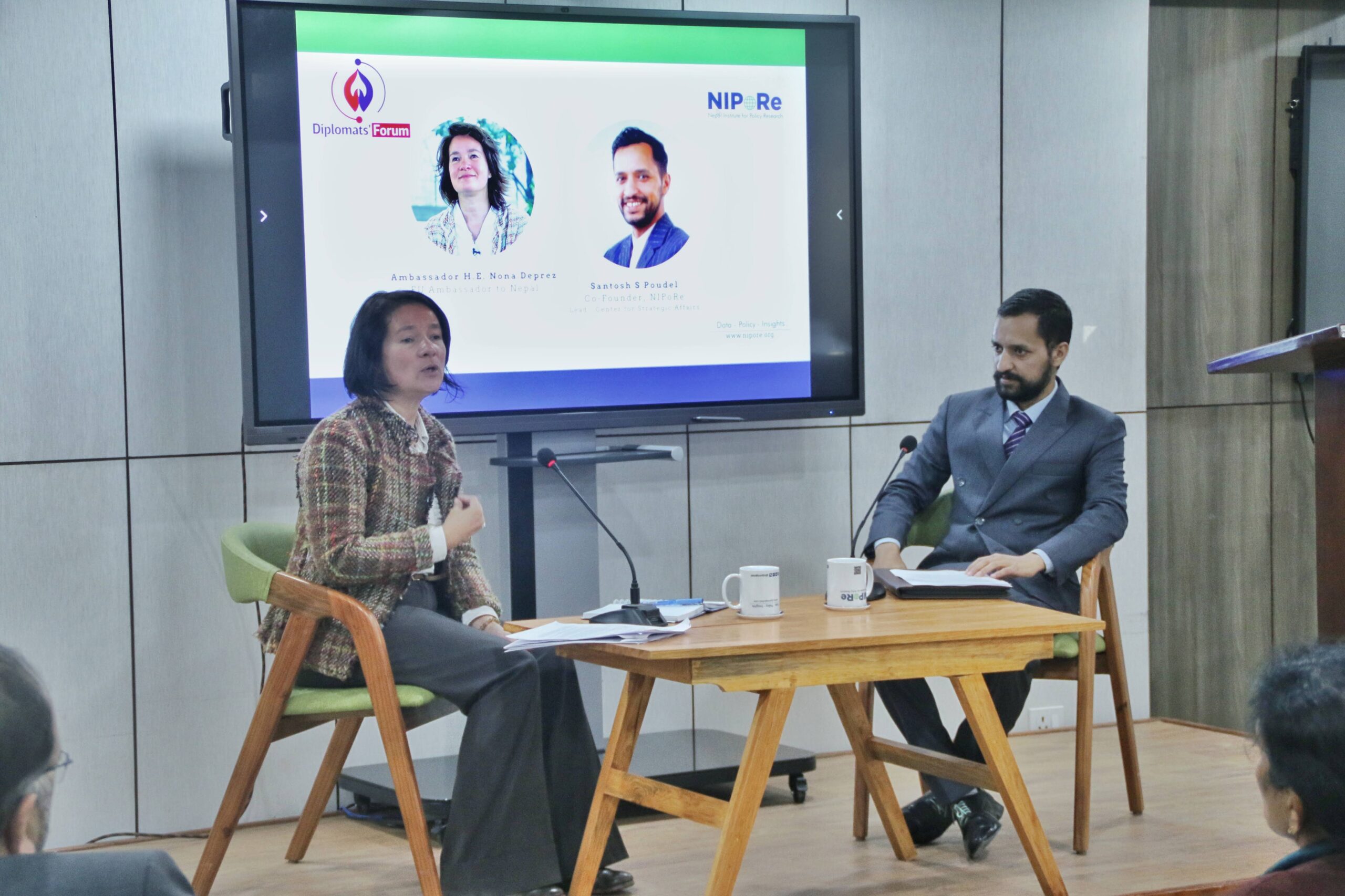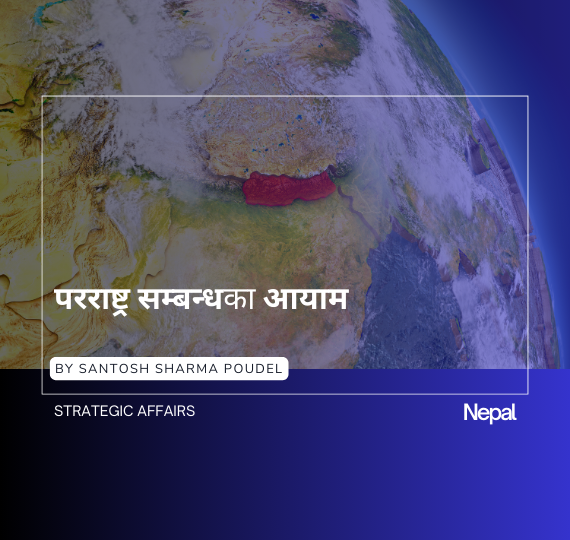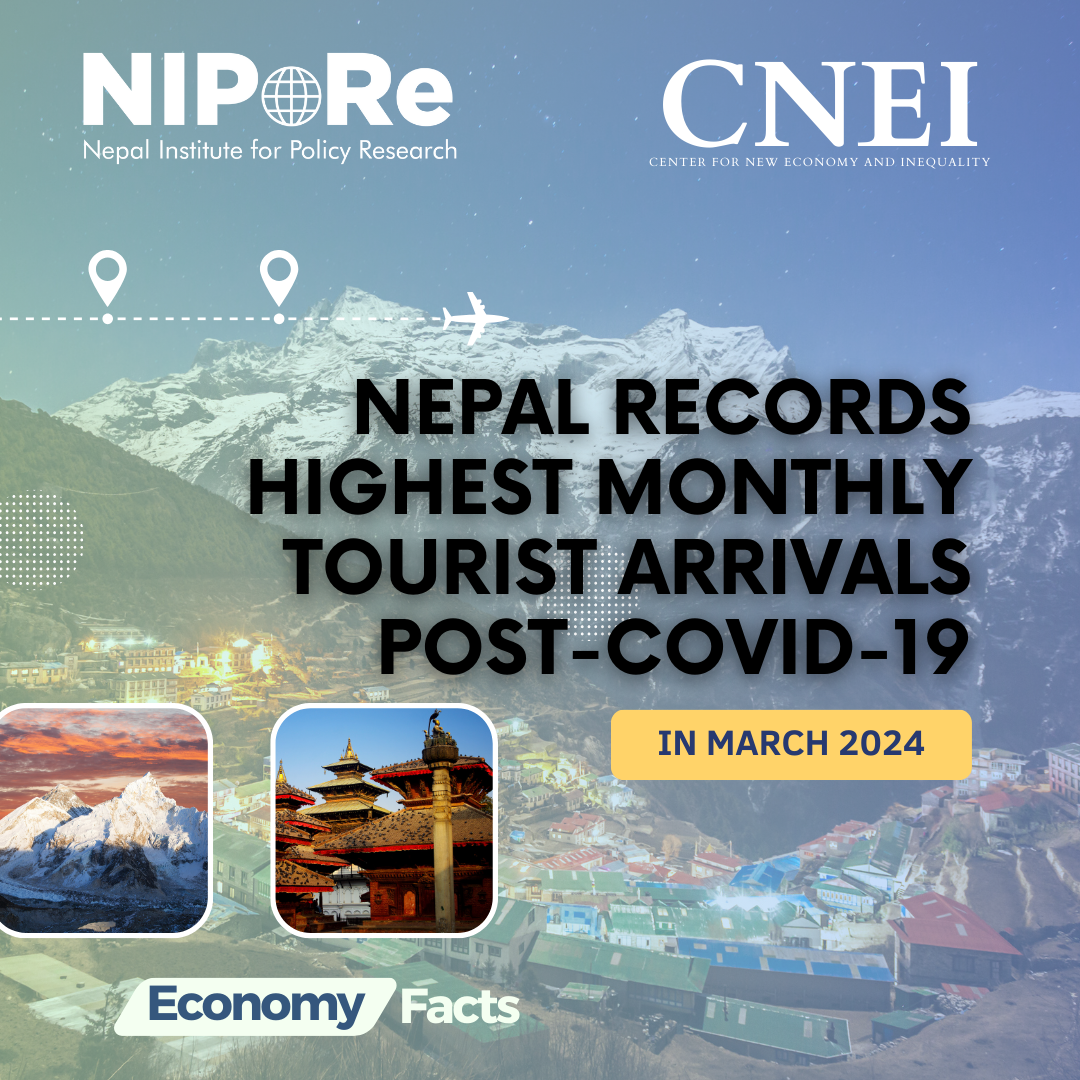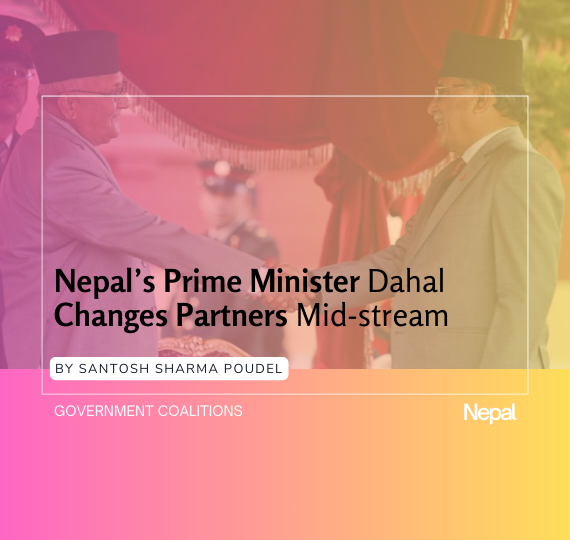The Nepal Institute for Policy Research (NIPoRe) organized the fourth session of the Diplomats’ Forum on 22 December 2022 with H.E. Nona Deprez, the European Union Ambassador to Nepal. Ms. Sewa Lamsal, the Joint Secretary of the Ministry of Foreign Affairs, Government of Nepal, was the Chief Guest for the Forum. Dr. Swarnim Waglé, Chair of IIDS and a former National Planning Commission Vice-Chair, gave closing remarks. The Forum discussed ‘multilateralism, rule-based global order, and climate change’ as key areas of mutual interest between the EU and Nepal.

In her opening remarks, Joint Secretary Lamsal highlighted the cordial relationship EU and Nepal has enjoyed for nearly 50 years. She mentioned that the EU has been “supporting Nepal’s efforts in achieving sustainable development goals for the people of Nepal through project grants, service contacts and budget support which is mutually agreed on the basis of Nepal’s development priorities and objectives including education, agriculture, energy, net zero emission and local development.”

Ambassador Deprez highlighted the EU’s support both bilaterally and multilaterally to Nepal in areas of climate change resiliency, biodiversity conservation, and healthcare systems (pandemic preparedness). She asserted that “the EU Nepal partnership is one of equals”. The ambassador further mentioned that the EU’s goals with the GRID (Green, Resilient, Inclusive Development) are aligned with the sustainable development goals of the Government of Nepal. Talking briefly about the history of the EU, the ambassador said that the EU’s goal is to follow and promote effective rule based international order. She further said that “each country whether small or big should be allowed to choose its own security arrangements”.

The program ended with the closing remarks by Dr. Waglé. In his remarks, Dr. Waglé reiterated that smaller nations need multilateral institutions even more and expressed that the EU has been an example to Nepal in terms of cooperation, regional integration and development. He also further mentioned that electorates should make it costly for any political parties that want to stop working for regional integration.
